

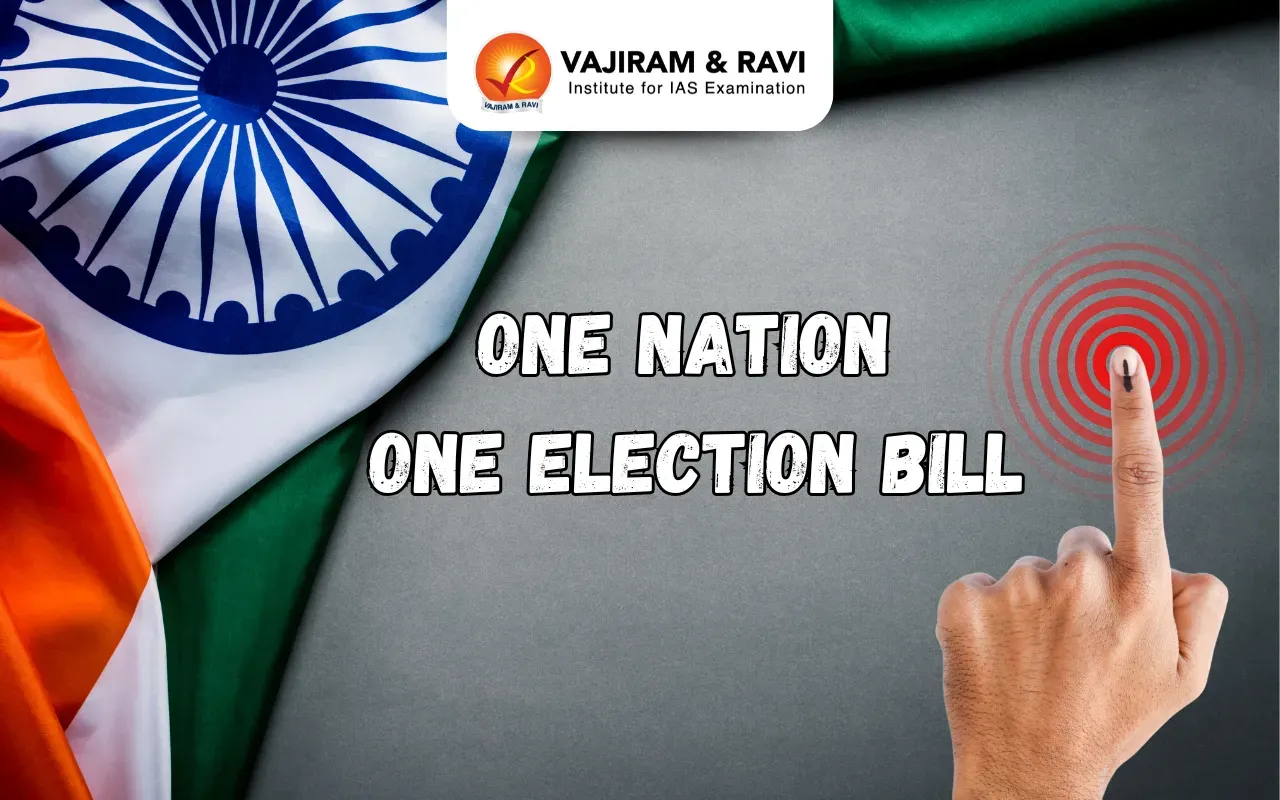
Uttar Pradesh Cabinet Minister and Suheldev Bharatiya Samaj Party (SBSP) President OP Rajbhar has called for the implementation of the 'One Nation, One Election' initiative in order to streamline the country's electoral process. He stated that this initiative has the support of his party and should be implemented as soon as possible. This comes as the Joint Parliamentary Committee announced its nationwide consultations on the proposal, with the first being held in Maharashtra on May 17. Rajbhar also commented on the law and order situation in West Bengal and responded to allegations made by SP President Akhilesh Yadav regarding crimes against Dalits in Uttar Pradesh.
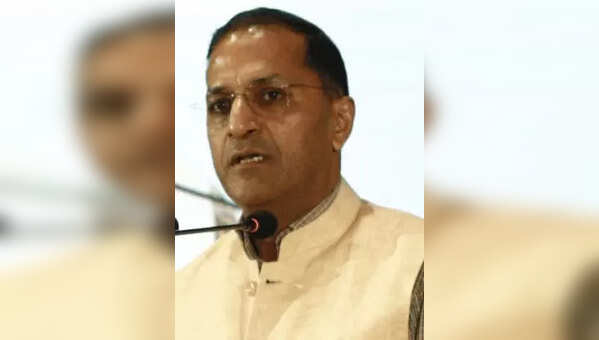
With his tenure ending in 2029, newly appointed Chief Election Commissioner Gyanesh Kumar will have to navigate through a series of crucial elections in the coming years. Amidst the ongoing debates and legal challenges surrounding election commissioner appointments, Kumar's appointment comes in the midst of a strained relationship between the opposition and the Election Commission. Additionally, he will face rising expectations and pressure as the government pushes for simultaneous elections through the "One Nation, One Election" bill. Given his previous administrative experience and involvement in significant political moves, Kumar will have to work towards restoring trust and addressing the increasing attacks on democratic institutions in India.
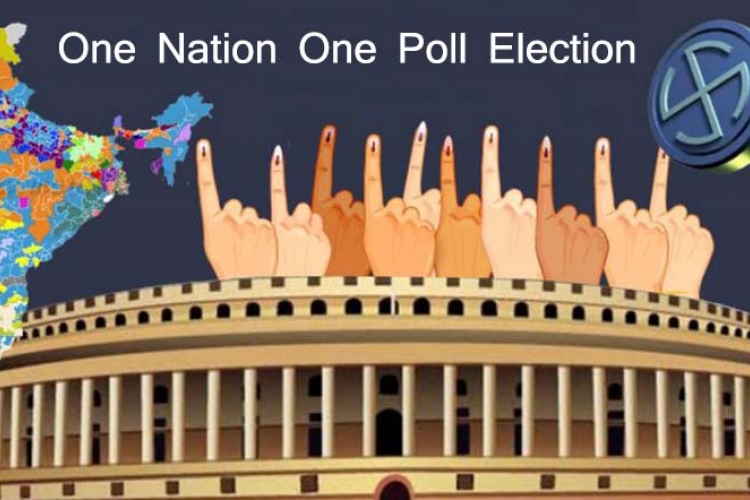
In a groundbreaking move, the Lok Sabha, India's lower house of Parliament, used electronic voting for the first time on December 17 to vote on the highly contentious 'One Nation One Election' bill. This marks a historic step towards modernizing the country's legislative processes and streamlining elections. The electronic voting system is expected to improve efficiency, transparency, and accountability in the democratic process, paving the way for more significant reforms in the future.

On the 75th anniversary of the Constitution, BJP leader Amit Shah took a dig at Congress leader Rahul Gandhi's accusations that the BJP wants to change the Constitution. Shah countered by pointing out that the Congress has amended the Constitution numerous times for their own political gain. He also brought up the provision for amending the Constitution, which Indira Gandhi had used to curtail citizens' rights. In response to the uproar over the "One Nation One Election" Bill requiring a constitutional amendment, Shah argued that the Constitution is not immutable and that the provision for amendment allows for change to strengthen democracy.
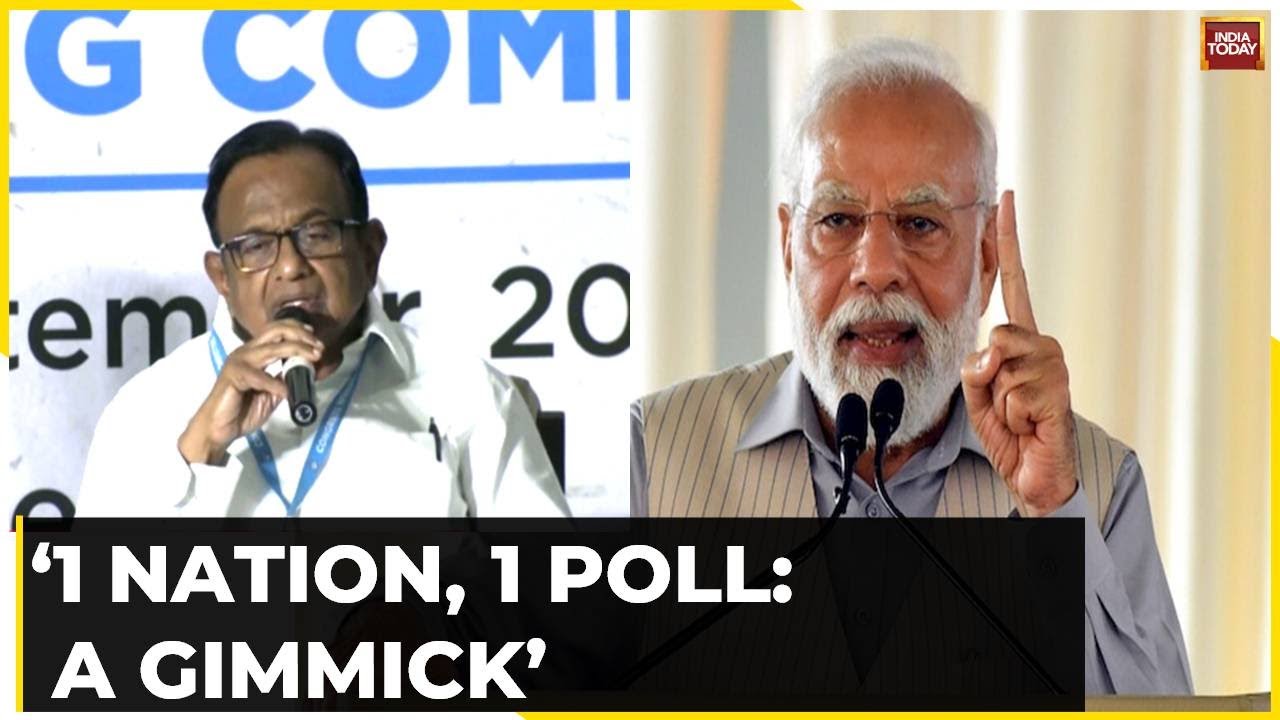
The Modi government's proposal for One Nation One Election has sparked a heated debate in parliament, with supporters advocating for simultaneous elections while opponents argue it will undermine federalism. As the bill is introduced and voted on in the Lok Sabha, watch as panelists and top legal minds weigh in on the potential consequences of this controversial election reform.

Union Law and Justice Minister Arjun Ram Meghwal introduced the 129th Constitutional Amendment Bill, implementing 'One Nation, One Election' in Lok Sabha. However, opposition leaders, including Congress MP's Manish Tewari and Gaurav Gogoi, raised objections to the Bill, stating that the Parliament does not have the competence to pass such a legislation. Despite the opposition, the Bill was passed with a majority and the House was adjourned till later in the day. Interestingly, Prime Minister Narendra Modi had suggested sending the Bill to the Joint Parliamentary Committee for further consultation when it was first approved by the Union Cabinet.
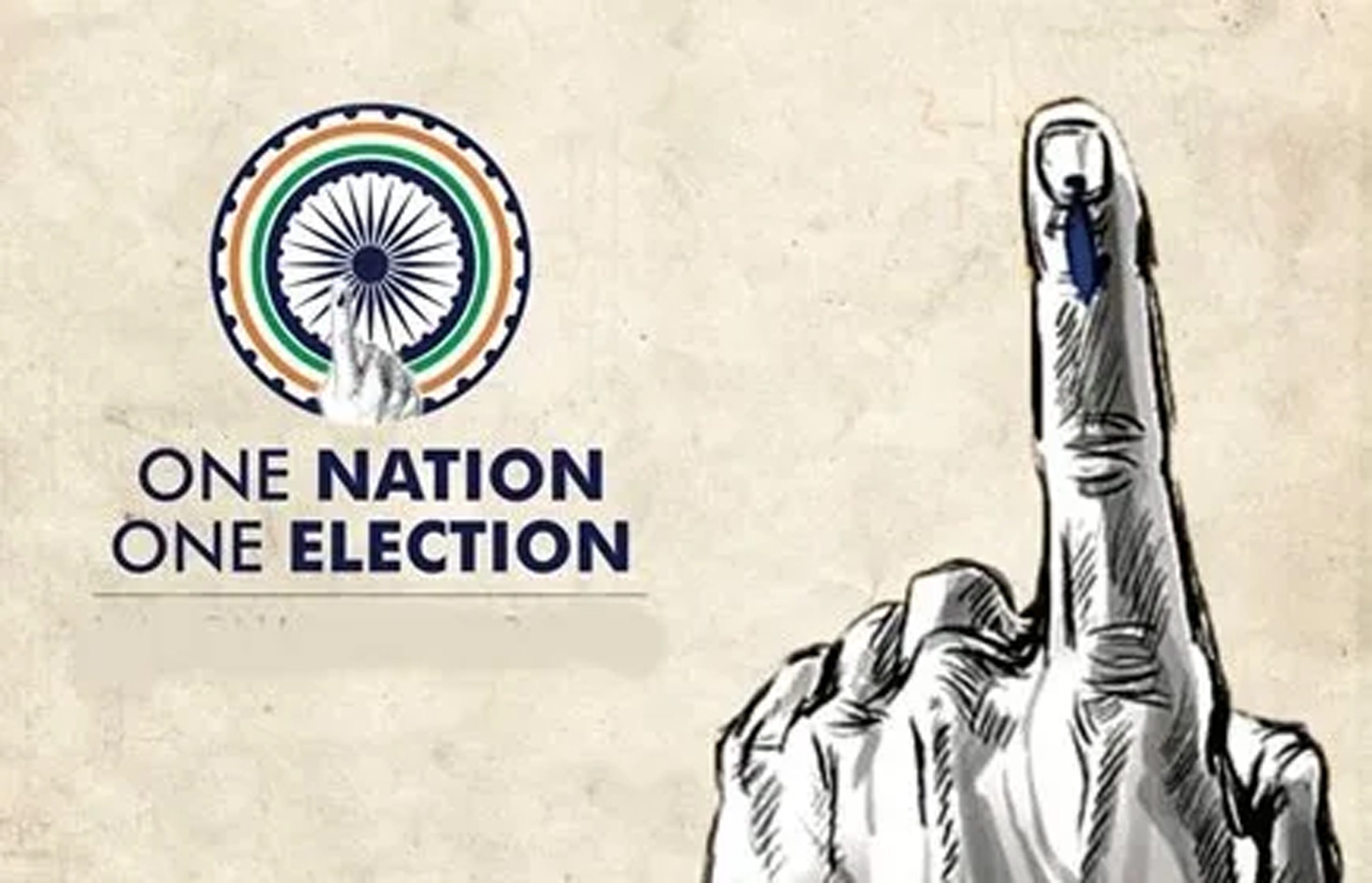
The Indian Parliament witnessed a heated debate on Tuesday as the government introduced two bills proposing "One Nation, One Election", or simultaneous elections for both the Lok Sabha and state assemblies. While the Opposition criticized the bills for infringing upon the federal structure, the government defended its decision and sent the bills to a Joint Parliamentary Committee for further discussion. This marked the first use of electronic voting in the new Parliament House. The bills also include amendments to align assembly elections in Delhi, Jammu and Kashmir, and Puducherry with the proposed changes.
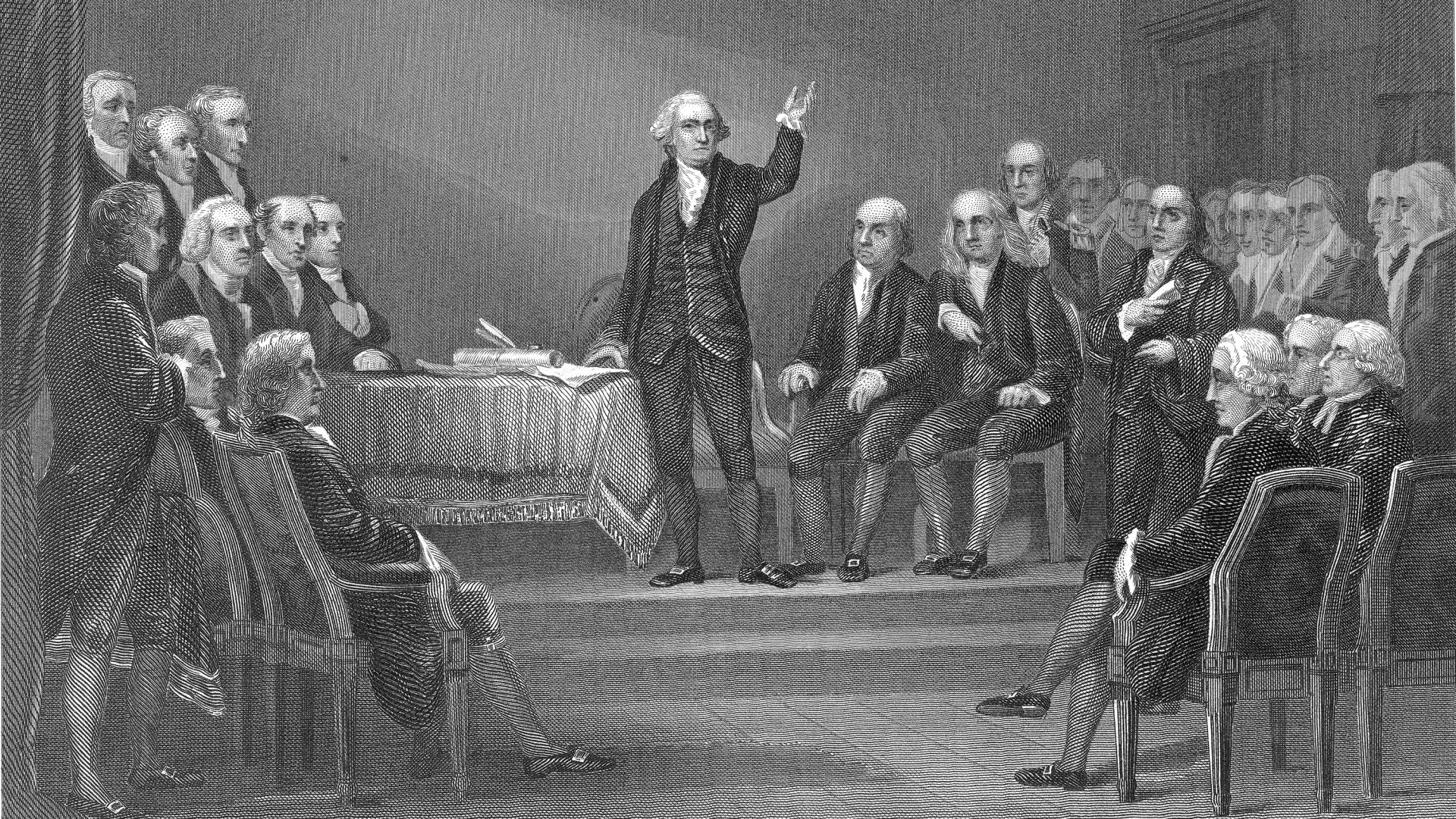
Union Home Minister Amit Shah's fiery address at the Rajya Sabha revealed the Congress party's hypocritical stance towards the Constitution of India, as he slammed the party for their past actions of appeasement politics and manipulation of the Constitution for their own gain. He also highlighted the ruling government's efforts towards fulfilling their poll promises through landmark bills such as ONOP, which aims to synchronise the tenures of the Lok Sabha and State Assembly elections. Opposition leaders, however, have voiced their disapproval, labelling the move as an attack on the democratic process.

The highly anticipated 'One Nation, One Election' Bill, which proposes simultaneous elections for Lok Sabha and state assemblies, is set to be introduced in the Parliament. The Cabinet approved the Bill in December, but it has sparked a heated debate between the ruling and Opposition parties. While the BJP and its allies are in favor of the Bill, several Opposition parties, including Congress and TMC, are against it. The panel, headed by former President Ram Nath Kovind, recommended implementing the Bill in two phases, causing further controversy.

Union Law Minister Arjun Ram Meghwal introduced two bills in Lok Sabha proposing simultaneous Lok Sabha and state assembly elections in the country. The bills, officially known as the 'Constitution (One Hundred and Twenty-Ninth Amendment) Bill, 2024' and 'The Union Territories Laws (Amendment) Bill, 2024', faced stiff opposition from the opposition parties, with many calling for the bills to be sent to a Joint Parliamentary Committee for further consultations. However, the bills, if passed, will align the elections of union territories of Jammu and Kashmir, Puducherry, and Delhi with Lok Sabha and state legislative assembly polls.